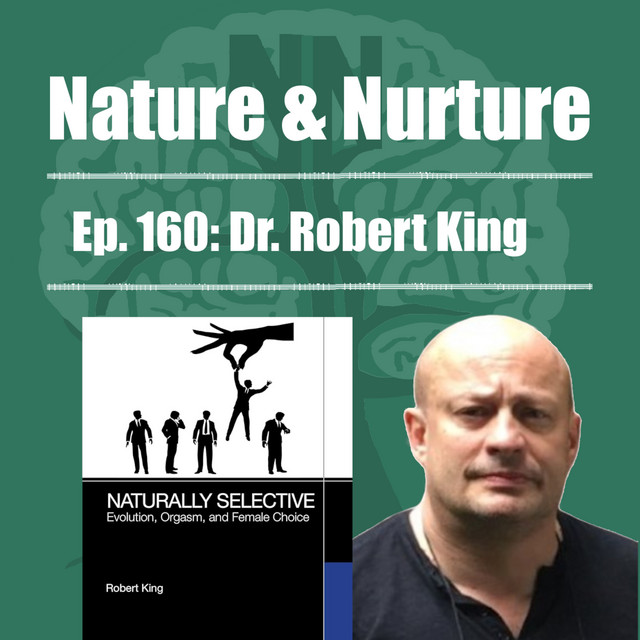People and Technology
The People and Technology (PAT) research group is a collection of researchers interested in understanding, designing, and evaluating digital technologies through psychological and socio-scientific sensitivities. We contribute mainly to the disciplines of Human-Computer Interaction (HCI), Applied Psychology, and Computer-Supported Collaboration (CSCW and Social Computing). The group is committed to experience-centred, participatory approaches to the design of digital technology, helping ensure that technological developments give people a chance for a richer life, include people who too often are excluded, and ensure everyone can express what matters to them.
Find Out More
.jpg)


